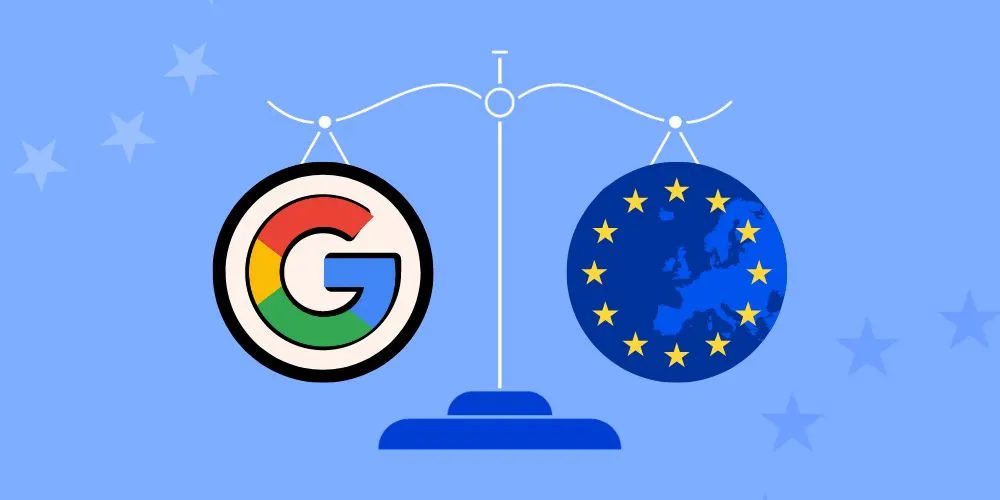Key Points:
- Google announces changes to search results and introduces tools for app developers to comply with the EU Digital Markets Act (DMA).
- A new program allows app developers to guide European users outside the app for product promotion directly.
- Google plans to launch data portability software in Europe, enabling developers to transfer user data to third-party apps or services.
- Google aims to foster competition and create a more competitive digital ecosystem while complying with EU regulations.
Alphabet’s Google has outlined a series of changes to search results and introduced new tools for app developers to comply with the European Union’s Digital Markets Act (DMA). The DMA, effective from March 7, designates major tech companies such as Google, Amazon, Apple, Microsoft, Meta Platforms, and ByteDance as gatekeepers and requires them to adhere to specific regulations to curb their market power.
The changes announced by Google are part of its commitment to comply with the DMA and align with some adjustments made in response to feedback from EU antitrust regulators, users, and app developers. While some changes were initially disclosed in January, additional details have now been provided.
One significant change involves alterations to search results, with large intermediaries and aggregators expected to receive more traffic, while entities such as hotels, airlines, merchants, and restaurants may experience reduced visibility. Google clarified that users will be asked for consent before the platform can share their data across various Google products and services.
In a move aimed at fostering competition, app developers will now have the option to utilize alternative billing systems, not limited to Google Play’s billing system. Additionally, Google is introducing a new program that allows app developers to directly guide European users outside the app to promote their products.
As part of the compliance measures, Google is set to launch data portability software in Europe. This software facilitates the seamless transfer of user data to third-party apps or services, providing developers more flexibility and control over user information.
Notably, these changes are specifically applicable to European users, aligning with the EU Digital Markets Act’s regulations to address major tech players’ market dominance. By introducing these modifications, Google aims to create a more competitive digital ecosystem while ensuring compliance with the evolving regulatory landscape in the European Union.




